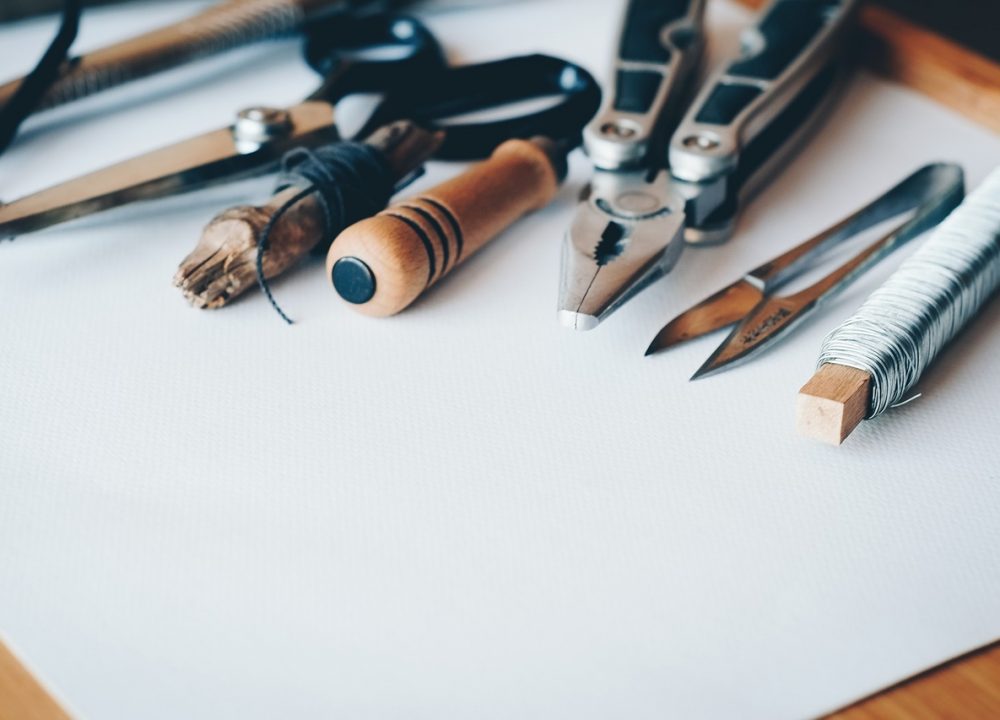
7 Steps To Mastering A New Skill
It is true that as you live your life you need to learn new things and even new skills. If you have set of skill that you like, becoming flexible is an easy job. You can use it anywhere where your skills are needed especially where work pays a lot for it. If you are fond of music instruments, you won’t get left behind. It also helps in finding new people and talents. Learning to master skills also takes skill itself to be able to do so.
If you really want to master a skill, it is important to set goals, have proper guidance and doing the best you can to meet expectations.
Here are some steps that you can also apply so you can master your chosen skill.
1. Choose the right skill for you. You can’t become the jack of all trades when it comes to learning new skills. You should always master one skill at a time. Choose an easy skill that can help you in any way. Find that skill where you know you can learn quickly and that you love. If it doesn’t mean something to you, you will find it hard to master.
2. Have a long-term and a short-term plan. You can limit yourself to learn new skill within 3 months. This will be your short-term plan. If you want to level up on your chosen skill, then you can choose the long-term plan where you will continue your learning to be more equipped.
3. Set reasonable expectations while learning. Don’t be too hard on yourself if you find slow improvement within 12 weeks of learning. Remember that people are unique and have different ways of absorbing things. It also depends how hard or easy your chosen skill is.
4. Make a focus list. Learning not to simple skills like playing musical instruments should be given ample time to master it. It would be easier to have a list where you should focus first and the other things you should master to create a skill of art. Example, if you want to master piano, you should also consider the small details where you should be good so you can easily combine and do the skill like slight reading while hitting the piano keys at the same time, the proper timing, understanding scales, music theories and more.
5. If you need to, you can always have a coach to guide you. You can always try to learn yourself, but consider a professional pianist for instance where they are really trained with instruction. While you are being coached, you can also gather helpful materials to be more updated during practice.
6. Focus on the task. Adding more effort will result to a much better progress. Look for ways where you can give your best and be great with it. Don’t go for the easiest part of the skill instead concentrate on what’s the most important part to master such skill. Remember, catching the end of the music while learning piano isn’t important. What’s important is that, you know how to play it using both your hands and still hitting the right key.
7. Start learning right away. You don’t need to gather everything before you get started. Videos, theories and other assistance can’t help you that much or even replace your skill of learning piano. You also need to really work for the skill that you want to master.
Be surprised at how quickly you can learn new skills that you love if you apply these tips. The most important tip is that you love what you are doing and you’ll surely benefit from it.
